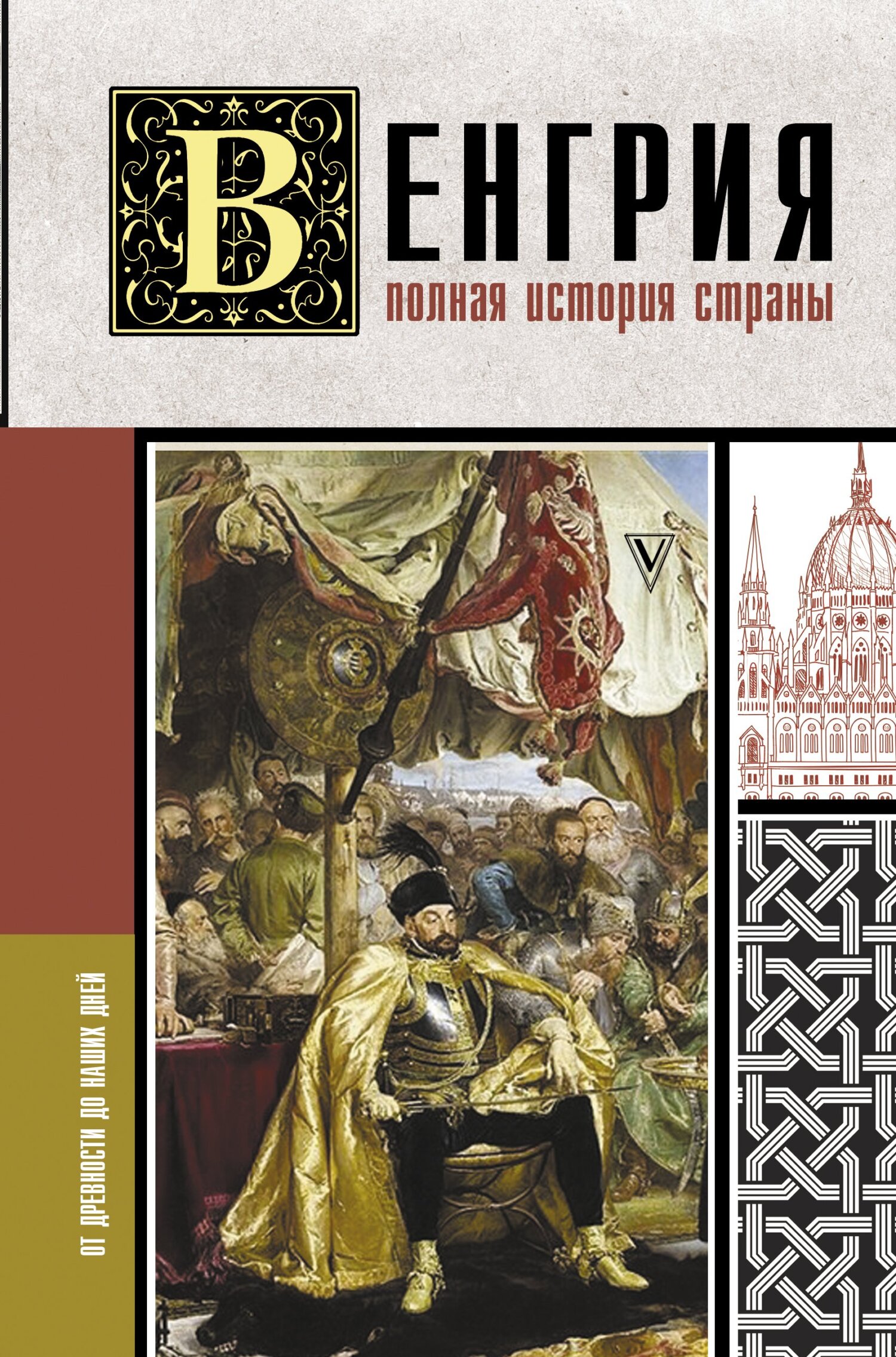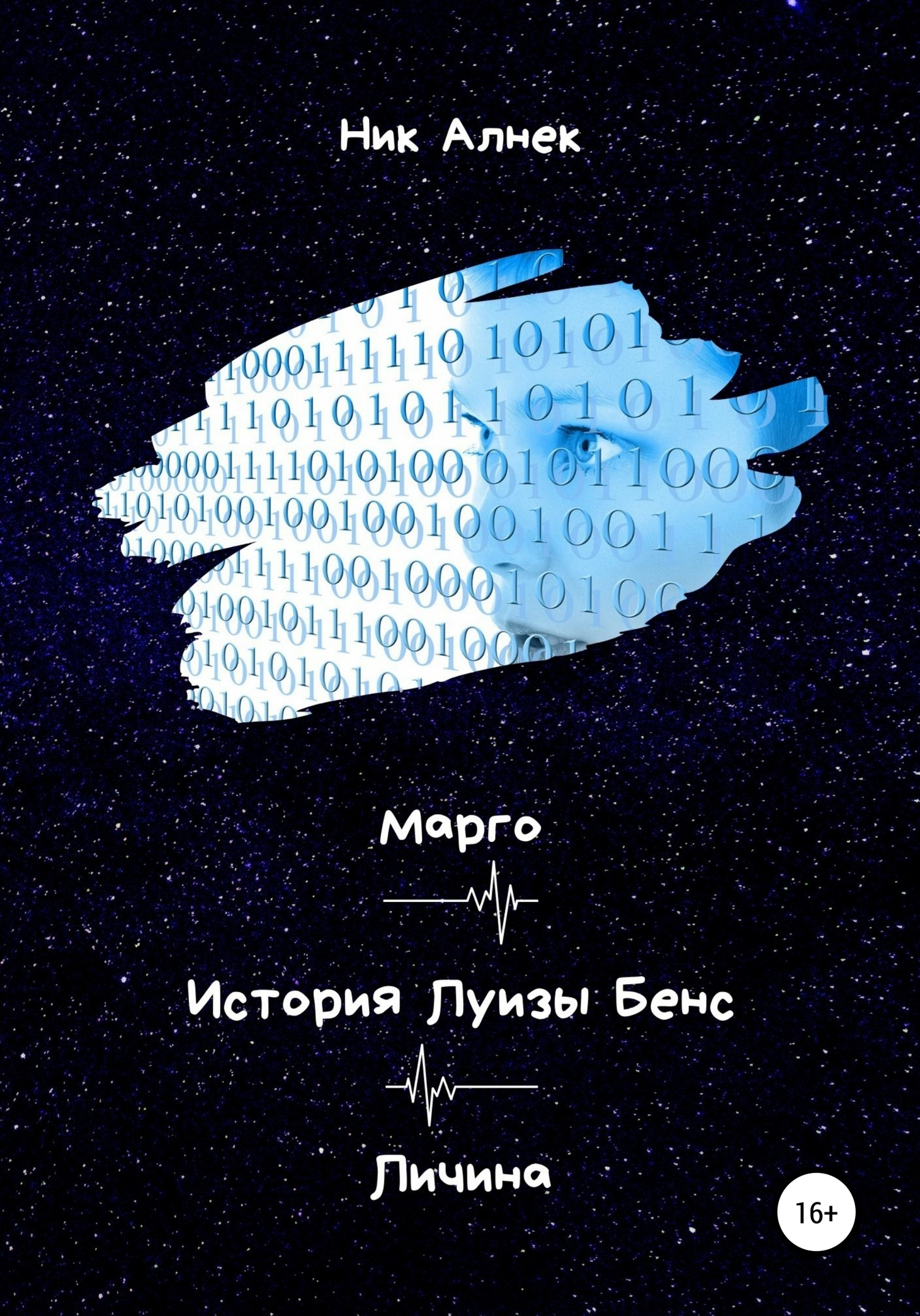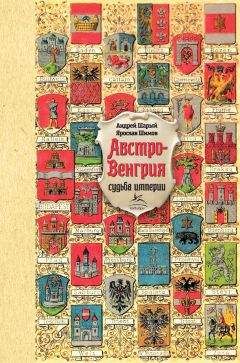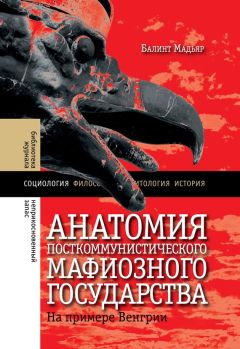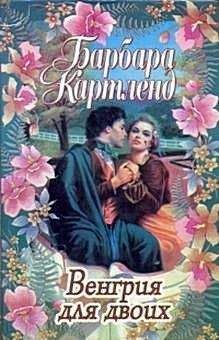Л.Н. Венгрия перед выборами 2022 года // Научно-аналитический вестник ИЕ РАН. 2021. № 5. С.77–83.
Шоош, Иштван. Участие Венгерского королевства в Наполеоновских войнах //Российская империя и монархия Габсбургов в Наполеоновских войнах: взгляд из Венгрии. Санкт-Петербург, 2014. С.123–142.
Шпира, Дьердь. Четыре судьбы: к истории политической деятельности Сеченьи, Баттяни, Петефи и Кошута. Москва, 1986.
Шушарин В.И. Ранний этап этнической истории венгров. Проблемы этнического самосознания. Москва, 1997.
Юрасов М.К. Русско-венгерские отношения начала XII в. //Древняя Русь. Вопросы медиевистики. 2006. № 3(25). С.47–56.
НА ИНОСТРАННЫХ ЯЗЫКАХ:
Bachman, Ronald. Greater Romania and the Occupation of Budapest. Washington, 1991.
Balázs, Eva. Hungary and the Habsburgs 1765–1800. An Experiment in Enlightened Absolutism. Budapest, 1997.
Baross, Gábor. Hungary and Hitler. Astor (Florida), 1970.
Bartha, Antal. Hungarian society in the 9th and 10th centuries. Budapest, 1972.
Beales, Derek. Joseph II: In the shadow of Maria Theresa, 1741–1780. Cambridge University Press, 1987.
Bérenger, Jean. La Hongrie des Habsbourg. Rennes, 2010. – 2 vol.
Berend, Iván. The Hungarian Economic Reform, 1953–1988. Cambridge, 1990.
Blanning, Timothy. Joseph II. Cambridge, 1994.
Bled, Jean-Paul. L’agonie d’une monarchie. Autriche-Hongrie, 1914–1920. Paris, 2014.
Bona, Gábor. The Hungarian Revolution and War for Independence, 1848–1849. A Military History. Boulder, 1997.
Borhi, László. Hungary in the Cold War, 1945–1956. Central European University Press, 2004.
Borsanyi, Gyorgy. The life of a Communist revolutionary, Béla Kun. New York, 1993.
Breit, József. Hungarian Revolutionary Movements of 1918–1919 and the History of the Red War. Volume I. Budapest, 1929.
Cartledge, Bryan. The Will to Survive: A History of Hungary. New York, 2011.
Cornelius, Deborah. Hungary in World War Two: caught in the cauldron. New York, 2011.
Crankshaw, Edward. Maria Theresa. New York, 1970.
Curta, Florin. Southeastern Europe in the Middle Ages, 500—1250. Cambridge University Press, 2006.
Deák, István. Admiral and Regent Miklós Horthy: Some Thoughts on a Controversial Statesman // The Hungarian Quarterly. № 143. 1996. P.78–89.
Domonkos, Leslie. The Political and Cultural History of Hungary in the Age of Matthias Corvinus. New York, 1966.
Dreisziger, Nándor. Hungary in the Age of Total War (1938–1948). New York, 1998.
Eby, Cecil. Hungary at War: Civilians and Soldiers in World War II. Penn State University Press, 2007.
Eckhart, Ferenc. A Short History of the Hungarian People. London, 1931.
Engel, Pál. The Realm of St Stephen. A History of Medieval Hungary, 895—1526. London – New York, 2001.
Fekete, Lajos. Buda and Pest under Turkish Rule. Budapest, 1976.
Felkay, Andrew. Hungary and the USSR, 1956–1900. New York, 1989.
Fügedi, Erik. Castle and Society in Medieval Hungary (1000–1437). Budapest, 1986.
Gati, Charles. Hungary and the Soviet Bloc. Durham, 1986.
Goldsmith, Margaret. Maria Theresa of Austria. London, 1936.
Grecu, Dan. The Romanian military occupation of Hungary, April 1919 – March 1920 // Romanian Postal History Bulletin. № 5(2). 1995. P.14–35.
Györffy, György. Autour de l’État des semi-nomades: le cas de la Hongrie. Budapest, 1975.
Györffy, György. King Saint Stephen of Hungary. Boulder, 1994.
Held, Joseph. Hunyadi, Legend and Reality. Boulder, 1985.
Hoensch, Jörg. A History of Modern Hungary: 1867–1994. New York, 1996.
Horthy, Admiral. Memoirs. New York, 1957.
Jászi, Oszkár. The Dissolution of the Habsburg Monarchy. Chicago, 1929.
Király, Béla. Ferenc Deák. Boston, 1976.
Körösényi, András. Government and Politics in Hungary. Budapest, 1999.
Kosáry, Dominic. A History of Hungary. Cleveland, 1941.
Kosztolnyik, Zoltán. Five Eleventh Century Hungarian Kings: Their Policies and their Relations with Rome. New York, 1981.
Kosztolnyik, Zoltán. Hungary in the Thirteenth Century. East European Monographs. № CDXXXIX. New York, 1996.
Kovrig, Bennett. Communism in Hungary. From Кun to Kádár. Stanford, 1979.
Kristó, Gyula. Histoire de la Hongrie medieval. Rennes, 2000.
Lázár, István. Hungary. A Brief History. Budapest, 1989.
Lázár, István. Transylvania. A Short History. Budapest, 1997.
Leyser, Karl. Medieval Germany and its Neighbours, 900—1250. London, 1982.
Liptai, Ervin. Military History of Hungary. Budapest, 1985.
Litván, György. The Hungarian Revolution of 1956. Reform, Revolt and Repression 1953–1963. London and New York, 1996.
Lomax, Bill. Hungary – 1956. London, 1976.
Macartney, Carlile. Hungary. London, 1934.
Macartney, Carlile. The Habsburg Empire, 1790–1918. London, 1968.
Macartney, Carlile. The Magyars in the Ninth Century. Cambridge, 1930.
Makkai, László. Histoire de la Transylvanie. Budapest, 1946.
Marczali, Henrik. Hungary in the Eighteenth Century. Cambridge, 1910.
Molnár, Miklós. Histoire de la Hongrie. Paris, 2004.
Molnár, Miklós. A Concise History of Hungary. Cambridge, 1996.
Moravcsik, Gyula. Byzantium and the Magyars. Budapest, 1970.
Morgan, David. The Mongols. Oxford, 1990.
Nagy, Zsuzsa. The Liberal Opposition in Hungary 1919–1945. Budapest, 1983.
Nicolle, David. Nicopolis 1396: The Last Crusade. Campaign Series. London, 1999.
Nicolle, David. Hungary and the fall of Eastern Europe, 1000–1568. London, 1988.
Ormos, Mária. From Padua to the Trianon, 1918–1920. Budapest-Boulder, 1990.
Paget, John. Hungary and Transylvania. New York, 1971.
Pamlényi, Ervin. A History of Hungary. London, 1975.
Péteri, György. The Effects of World War I. Communism in Hungary, 1919. Boulder, 1984.
Ránki, György. Hungarian History – World History. Budapest, 1984.
Sakmyster, Thomas. Hungary’s admiral on horseback: Miklós Horthy, 1918–1944.New York, 1994.
Saunders, Jonh Joseph. The History of the Mongol Conquests. London, 1971.
Sayous, Édouard. Histoire générale des Hongrois. Budapest – Paris, 1900.
Sinor, Denis. History of Hungary. New York, 1959.
Slottman, William. Ferenc Rákóczi II and the Great Powers. Boulder, 1997.
Stark, Tamás. Hungary’s Human Losses in World War II. Uppsala University, 1995.
Sugar, Peter. A History of Hungary. Indiana University Press, 1990.
The Ancient Hungaries: The Road to the Carpathians.
